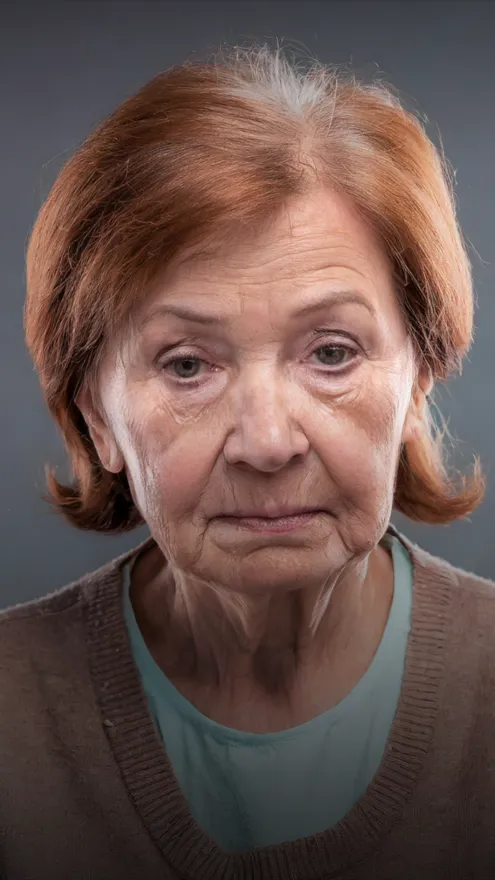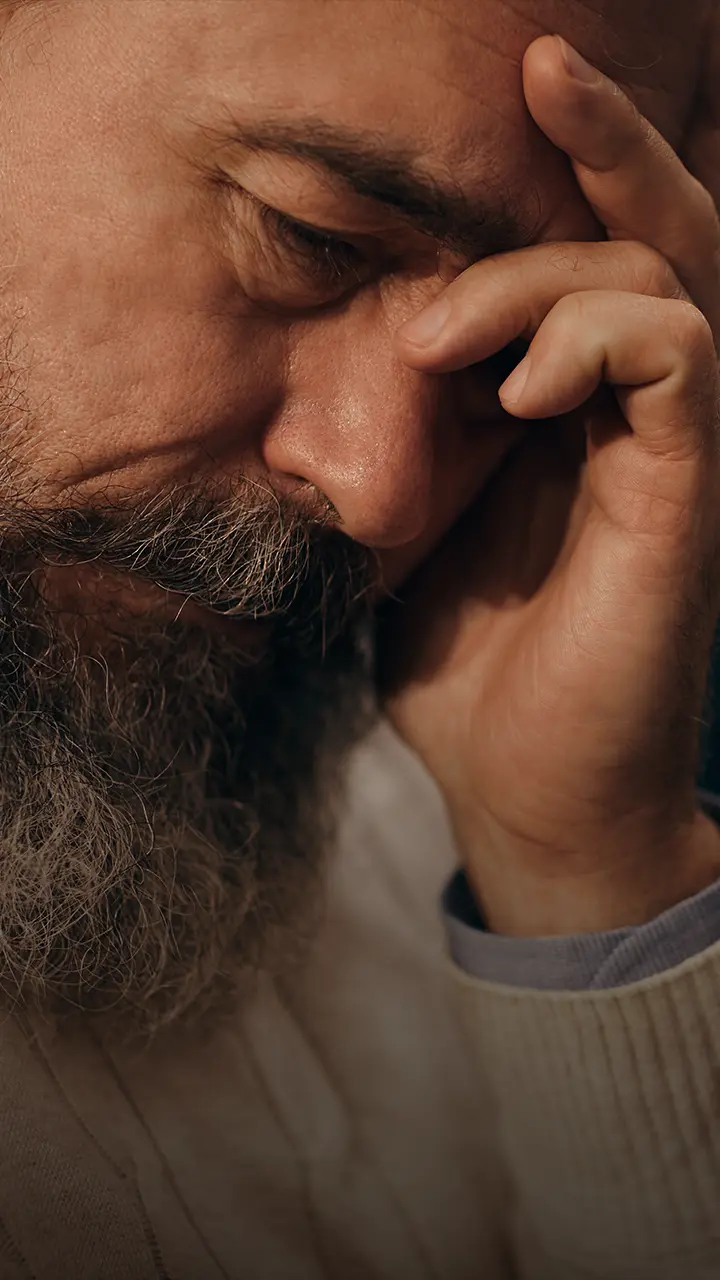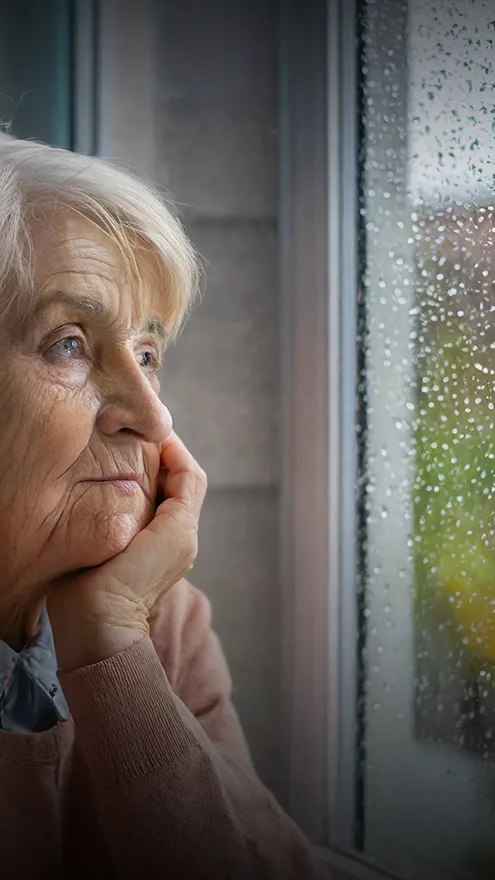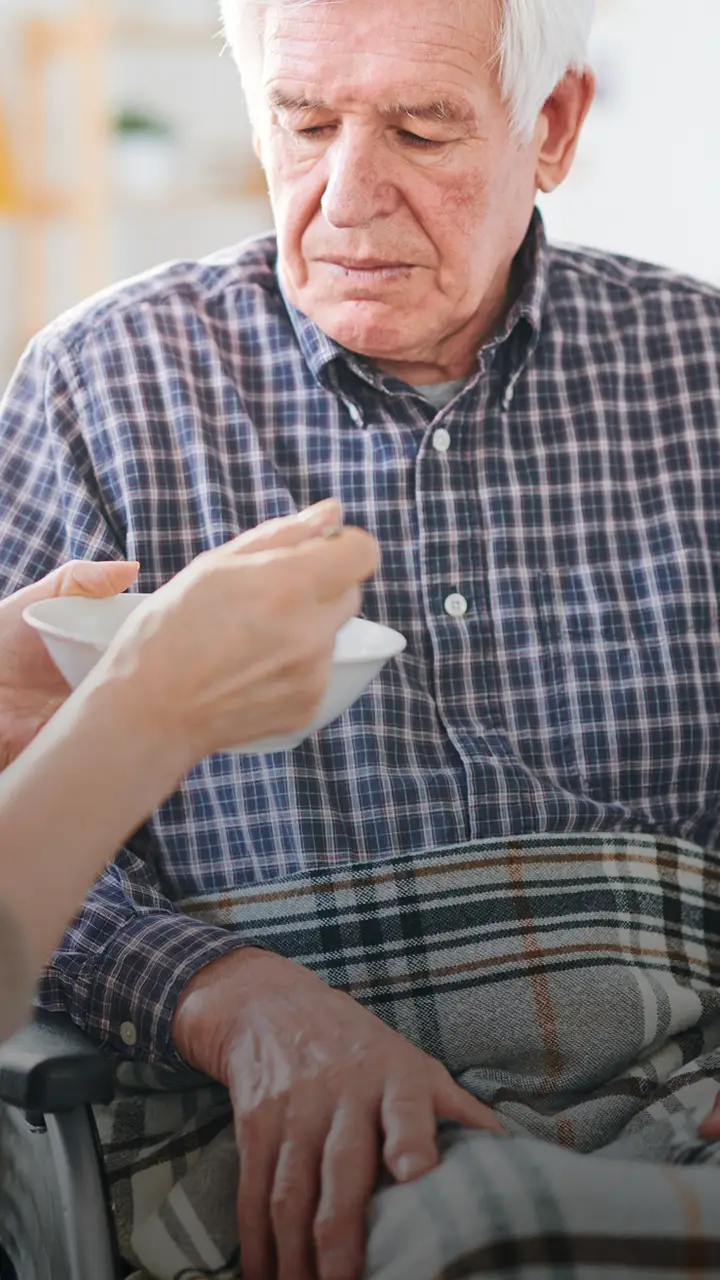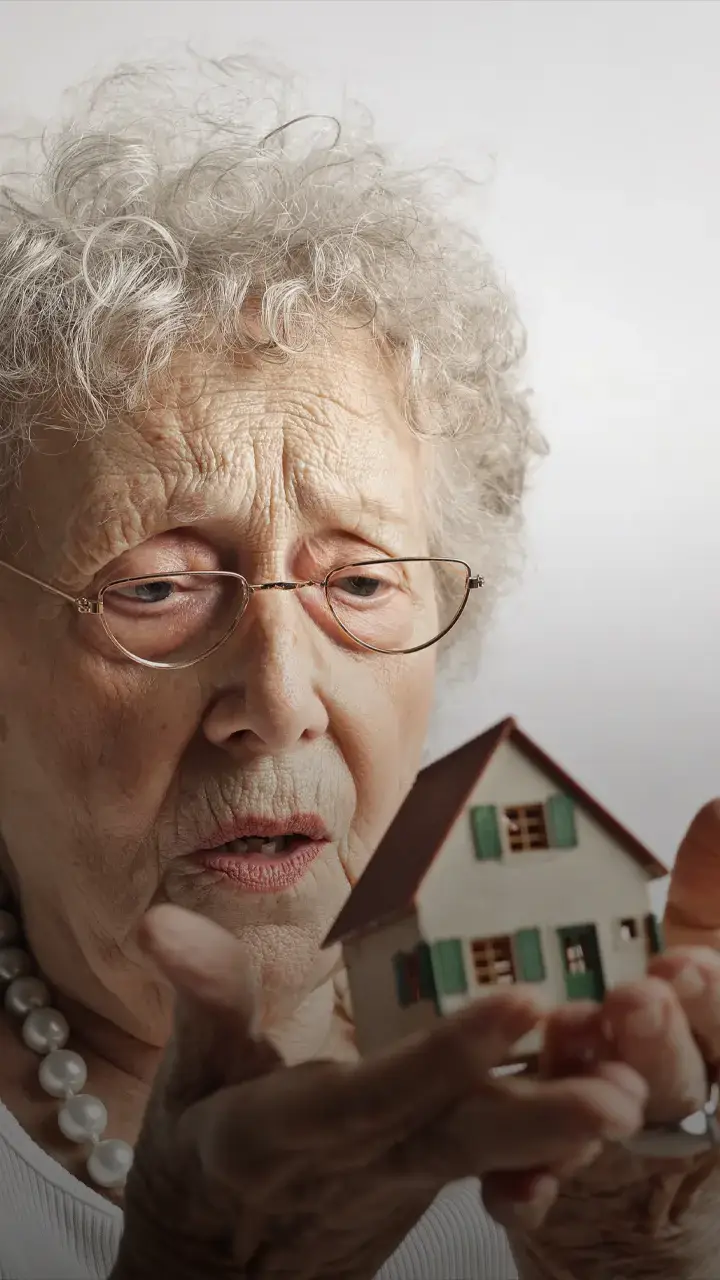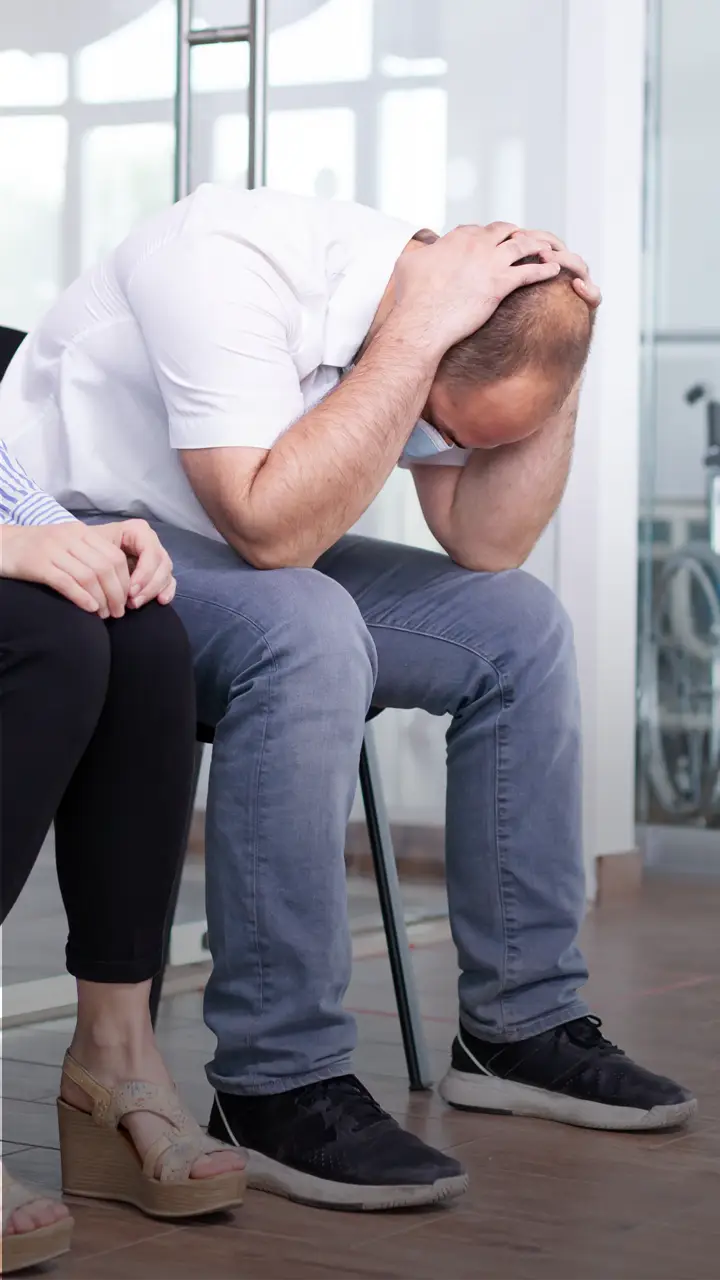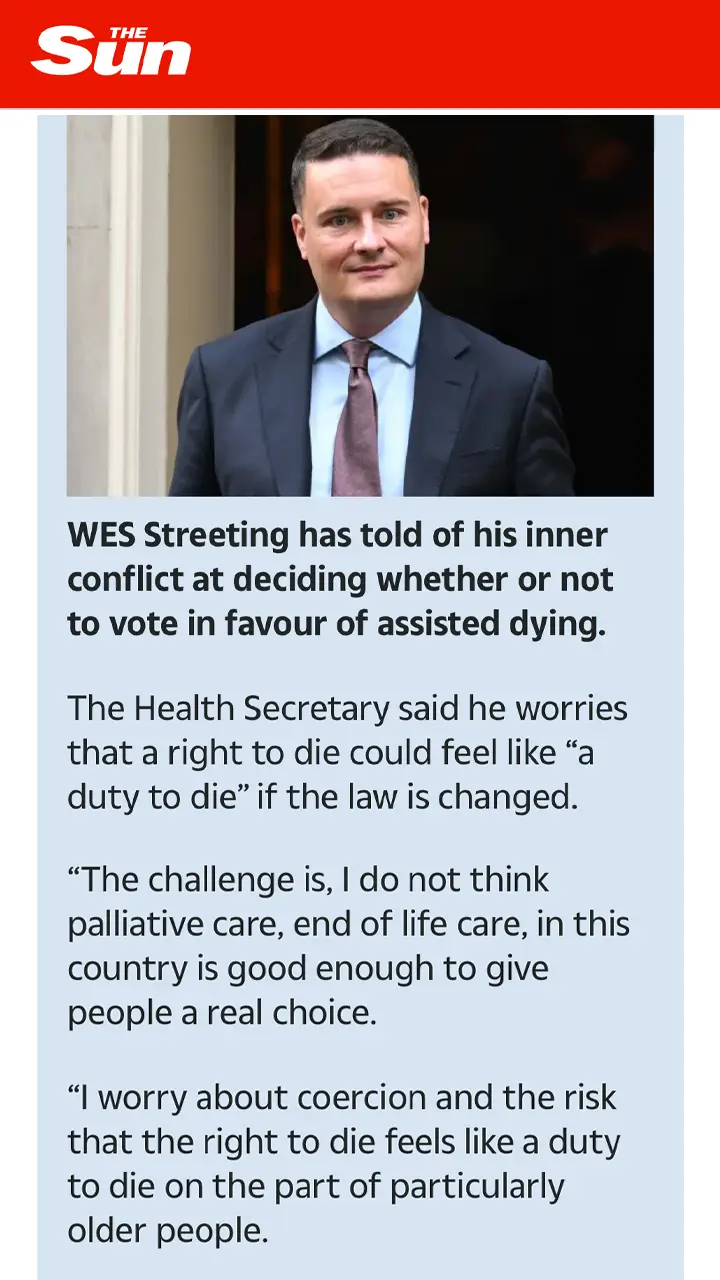People’s families may put pressure on them, deliberately or unintentionally, which can influence the choice to have an assisted suicide death.
This is where issues like coercive control, elder abuse (financial or psychological) and neglect play a significant role. No system of safeguards can prevent it happening.

